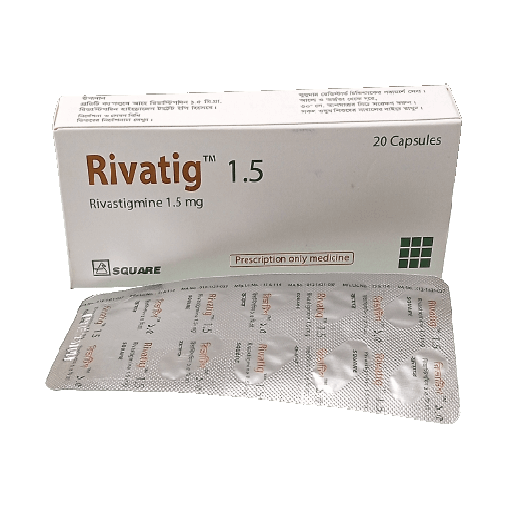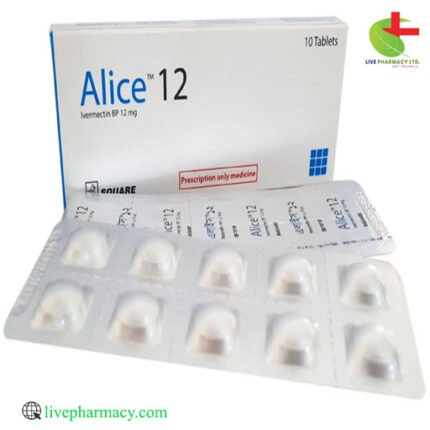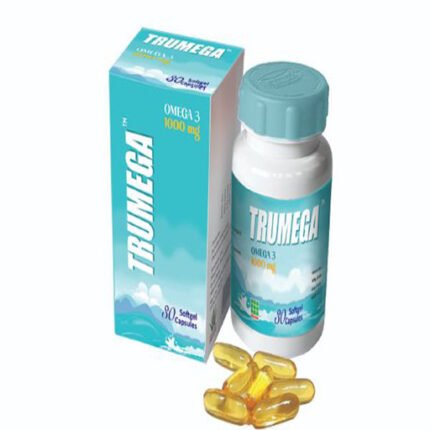Rivatig 1.5
200.00৳ Strip
- Rivastigmine, offered in capsule and transdermal patch formulations, effectively treats mild to moderately severe Alzheimer’s dementia and dementia linked with Idiopathic Parkinson’s disease.
- By inhibiting cholinesterase, it elevates acetylcholine levels in the brain, mitigating cognitive decline.
- Dosage initiation starts conservatively and incrementally, guided by individual tolerability.
- Caution is warranted for potential drug interactions and adverse reactions, necessitating vigilant monitoring for optimal patient care.
 Brand
Brand
|
Square Pharmaceuticals PLC |
|---|---|
 Generics
Generics
|
Rivastigmine Tartrate |
Indications
Rivastigmine serves as a symptomatic treatment for mild to moderately severe Alzheimer’s dementia and for mild to moderately severe dementia in patients with Idiopathic Parkinson’s disease.
Pharmacology
Derived from a carbamate structure related to physostigmine, rivastigmine binds reversibly with and inactivates cholinesterase, enhancing acetylcholine concentration at cholinergic synapses. Its activity primarily targets brain acetylcholinesterase and butyrylcholinesterase.
Dosage
For Rivastigmine capsules: Initial dose begins at 1.5 mg twice daily, with gradual titration based on tolerability to achieve an effective maintenance dose of 3 mg to 6 mg twice daily.
For Rivastigmine transdermal patch: Start with 4.6 mg/24 hours, with subsequent titration to 9.5 mg/24 hours or 13.3 mg/24 hours based on tolerance and disease severity.
Administration
Administer Rivastigmine twice daily with morning and evening meals.
Interaction
Caution is advised with succinylcholine-type muscle relaxants during anesthesia due to potential exaggeration of effects. Avoid concurrent use with other cholinomimetic substances.
Contraindications
Patients with hypersensitivity to rivastigmine or carbamate derivatives should avoid use.
Side Effects
Commonly reported adverse reactions include gastrointestinal symptoms such as nausea and vomiting, especially during titration.
Precautions & Warnings
Exercise caution in patients with sick sinus syndrome, conduction defects, respiratory diseases, and pregnancy. Monitor closely in patients with renal or hepatic impairment.
Overdose Effects
In cases of overdose, symptoms may include nausea, vomiting, diarrhea, hypertension, or hallucinations. Symptomatic treatment may be necessary.
Therapeutic Class
Rivastigmine belongs to the class of drugs for dementia.
Storage Conditions
Keep rivastigmine stored in a cool, dry place away from light to maintain efficacy.













Reviews
There are no reviews yet.